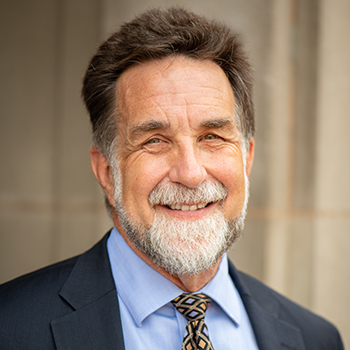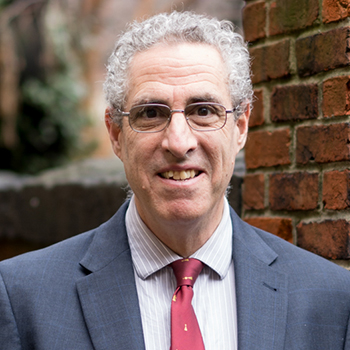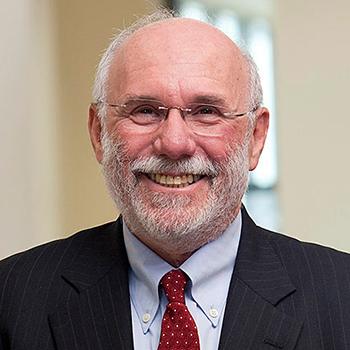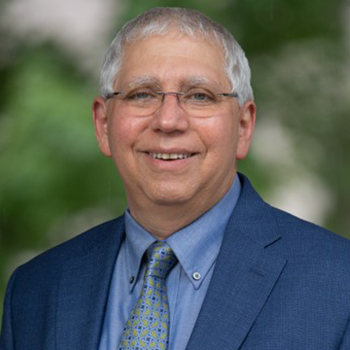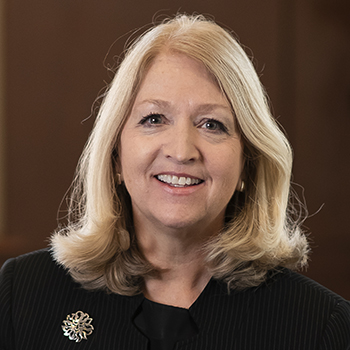The title of Distinguished University Professor is the highest appointment bestowed on a faculty member at UMB. It is a recognition not just of excellence, but also of impact and significant contribution to the nominee’s field, knowledge, profession, and/or practice.
Here are the 2025 Distinguished University Professors:



